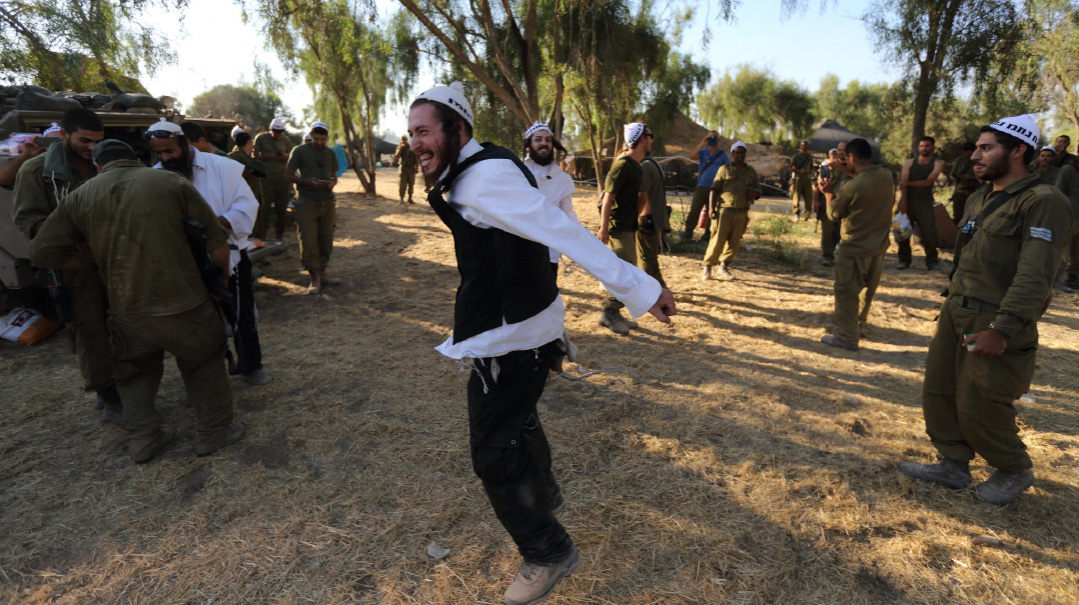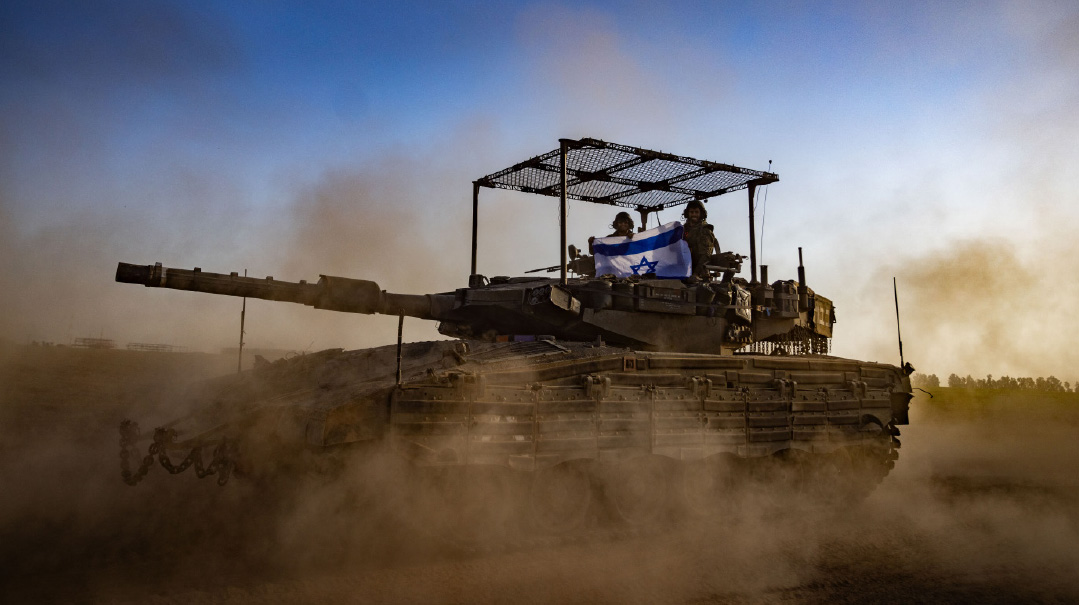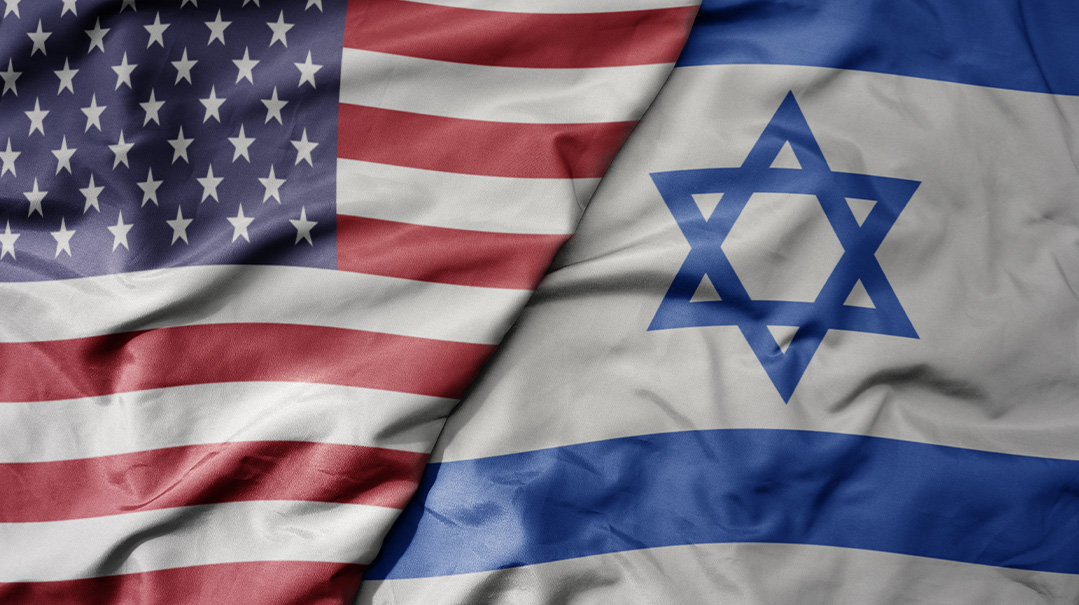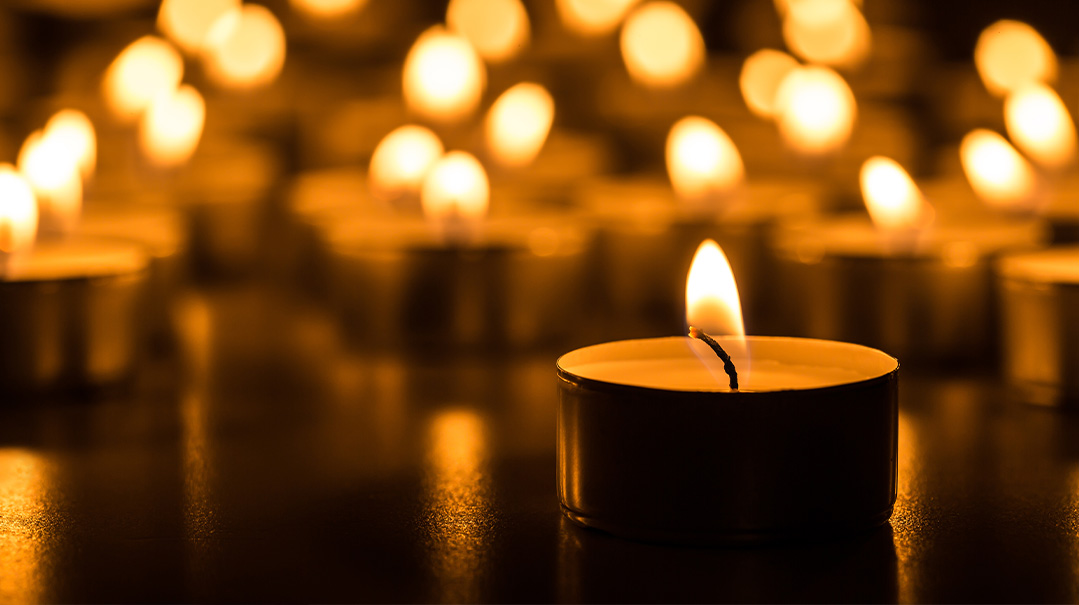Living as a Ben Aliyah


M
uch has been said about the important topic of how to remain a ben Torah in the working world.
The nisyonos one faces on a daily basis — the constant assaults on kedushah and taharah, and the ever-present challenges to emunah — are truly difficult to overcome. Perhaps it is worthwhile to address this by focusing on a related issue: How to remain a ben aliyah in the working world. Presumably, in order to remain a ben Torah one must be a ben aliyah, so let us explore an aspect of “aliyah.”
Chazal tell us that Rabi Shimon bar Yochai said: “I have seen bnei aliyah and they are few. If there are a thousand, my son and I are among them; if there are a hundred, my son and I are among them; and if there are only two, my son and I are they” (Succah 45b).
If Rabi Shimon saw the bnei aliyah, why didn’t he know how many there are?
What, in fact, is a “ben aliyah”? In the Mishnah, the term aliyah refers to an upper floor of a house. Based on this, the Slonimer Rebbe shlita explains that there are two approaches to living in This World: A person can dwell “on the ground floor,” meaning that he is immersed in This World with all its materialism, or he can dwell “upstairs,” meaning that he lives in an elevated state, connected to ruchniyus. A ben aliyah is someone who inhabits the upper floor; he resides “in the aliyah.” This person may traverse the byways of This World and even enjoy some of its pleasures, but his focus is on the aspects of ruchniyus that abound — and, more importantly, his goals are spiritual.
This is one of the inherent differences between Yaakov and Eisav. When Eisav requested a brachah from his father, Yitzchak said, “Mishmanei haaretz yihyeh moshavecha — May your dwelling be among the fat of the earth.” This seems like a curious blessing. Why didn’t Yitzchak tell him, as he told Yaakov, “May Hashem give you of the fat of the earth”? What is the value of dwelling among the fat of the earth? Evidently, Yitzchak was addressing Eisav’s inner desire, which was not to enjoy Hashem’s bounty, but to be immersed in This World — to dwell in materialism and hedonism. Yaakov, on the other hand, takes from This World what Hashem gives him, what he receives as a result of “Veyitein lecha haElokim.” And therefore, everything Yaakov possesses has a spiritual dimension.
This distinction came into sharp focus on a trip to Eretz Yisrael shortly after my eldest daughter’s wedding. Unable to sleep on the flight, I made my way to the galley, where I met another insomniac. This highly intelligent gentleman, a CIA agent traveling on a classified mission, had recently attended a Jewish wedding and was curious about my role as father of the bride. When he learned that I had paid the catering bill, he was astonished: “If your daughter wanted to get married, why would you pay for her wedding?” His question highlighted a gaping chasm between the basic values of a Yid and those of secular society. Would any erliche Yid forgo the privilege of marrying off his daughter? Our children are our future, and marrying off a child is the height of our ruchniyus and gashmiyus combined! But what we view as our greatest zechus is something that others can’t begin to understand. And I’m not referring to a lofty madreigah, but to something that is instinctive to every frum Jew. Our most basic instincts are on a completely different plane than the values of even an educated, intelligent secular individual.
We all live “upstairs,” though we may not always realize it. Society around us is mired in the quicksand of Olam Hazeh, in which even something as meaningful as a child’s wedding is just another opportunity for drinking — on the child’s tab. The surrounding society can’t even fathom the myriad forms of chesed that we take for granted and perform almost automatically. For lack of any meaningful ideal, they engage in shallow pursuits. It behooves us to recognize that our dwelling is high above theirs, that our standards are so much more refined, and that their pursuits are utterly incompatible with our instinctive values.
This type of aliyah is not limited to a single upper level; there are numerous ascending levels, and the more one strives for ruchniyus and uses gashmiyus in a way that imbues it with spiritual value, the higher the floor on which he lives. This is what Rabi Shimon bar Yochai meant. There are not many bnei aliyah, and the number diminishes as one reaches increasingly higher stories. One flight up, there are perhaps a hundred; twenty flights up, there are perhaps ten; and a hundred flights up, there are perhaps only two. But Rabi Shimon bar Yochai and his son Rav Elazar, who spent 13 years in a cave living on carob, were surely among the bnei aliyah whose existence was more spiritual than material.
As a child, I once visited Manhattan. Traveling the streets, I was amazed by the glitz — the fancy stores, the elegant clothes, the shiny cars. But then we entered the Empire State Building and ascended to the observation deck on the 102nd floor. Looking down from that level, the stores did not seem as fancy, the clothes did not seem as elegant, and the cars did not seem as shiny. At that higher vantage point, all the glamour disappeared.
If we can succeed in tapping into our genuinely Jewish values, our powerful innate connection to ruchniyus, our instinctive drive for chesed, and all our other inherent strengths, we will automatically find ourselves living on an upper story of This World. From there, the allure of Olam Hazeh will evaporate, and the temptations of the working world will cease to challenge us. We will truly be bnei aliyah, not living in the working world, but traveling through it while living above it.
Rav Eliezer Herzka is the rav of Khal Meor Chaim in Lakewood. This article is based on his remarks delivered at the recent Agudah Convention.
(Originally featured in Mishpacha Issue 750)
Oops! We could not locate your form.












